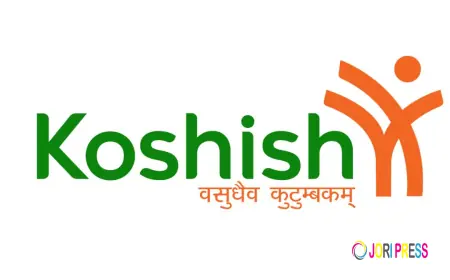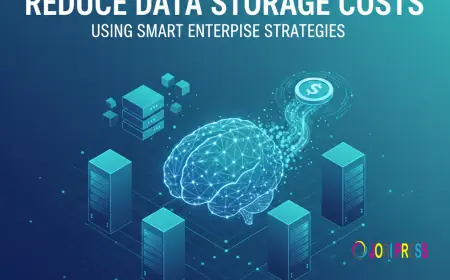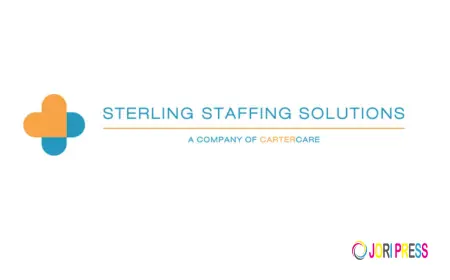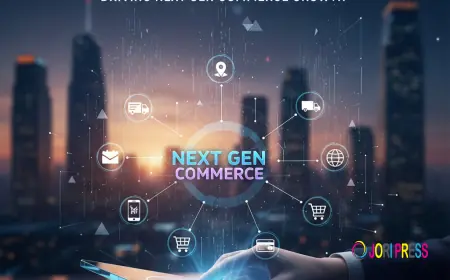The Power of AI in Driving Drug Discovery Efficiency
AI drug discovery is boosting R&D efficiency through data-driven insights, predictive modeling, and automation, transforming pharmaceutical innovation into a faster, smarter, and more precise process. Discover how AI drug discovery enhances R&D efficiency by accelerating innovation, improving accuracy, and reducing costs in pharmaceutical research.
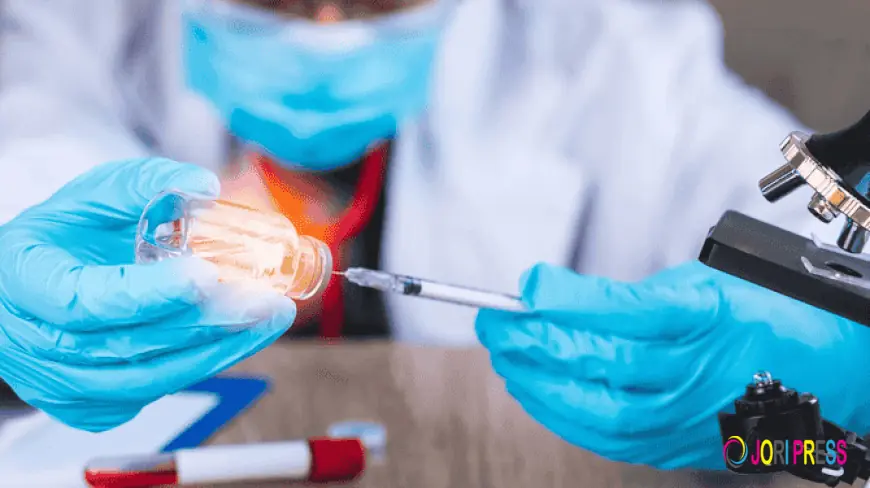
The pharmaceutical industry is entering a new era where data, speed, and intelligence define success. Artificial intelligence (AI) is not just a technological upgrade—it is the core engine behind a smarter, faster, and more cost-effective drug development process. By integrating AI into research and development, companies are transforming how they identify drug targets, predict outcomes, and streamline clinical testing. As competition intensifies, achieving R&D efficiency with AI drug discovery has become critical to maintaining innovation and market leadership.
AI and the Evolution of Pharmaceutical R&D
Traditional drug discovery involves years of experimentation, costly failures, and unpredictable outcomes. On average, it can take over a decade and billions of dollars to develop a single viable drug. With the rise of AI, this long and uncertain process is being radically shortened. Algorithms capable of analyzing vast biomedical datasets can now identify potential compounds in a fraction of the time. According to Business Insight Journal, AI not only accelerates discovery but also enables researchers to focus on decision-making rather than repetitive screening. This shift is revolutionizing pharmaceutical R&D, making it more strategic, efficient, and data-driven.
AI models can simulate molecular interactions, predict toxicity levels, and optimize compound structures long before they reach clinical testing. This predictive power helps scientists avoid costly dead ends and target the most promising drug candidates. In effect, AI transforms R&D from a reactive trial-and-error process into a proactive, precision-driven science.
Key Advantages of AI in Drug Discovery
The integration of AI enhances R&D efficiency in several vital ways. First, AI accelerates data processing, allowing researchers to analyze millions of molecular structures simultaneously. Second, it improves accuracy through machine learning algorithms that continuously refine predictions based on new data. Third, it reduces costs by minimizing failed trials and redundant experiments. The BI Journal reports that pharmaceutical companies leveraging AI are seeing up to a 50% improvement in time-to-market for new compounds.
Moreover, AI-driven platforms can uncover hidden relationships between genes, diseases, and molecules that humans might overlook. This capability opens new possibilities for treating complex diseases like cancer and neurodegenerative disorders. As drug discovery becomes more automated, scientists gain the freedom to focus on innovation, creativity, and clinical validation—ultimately delivering better outcomes for patients.
Leadership and Collaboration in AI-Driven Research
To fully realize the benefits of R&D efficiency with AI drug discovery, strong leadership and cross-disciplinary collaboration are essential. Successful implementation requires alignment between data scientists, pharmacologists, and AI engineers. Leaders must foster an organizational culture that embraces digital transformation and continuous learning.
Collaborative ecosystems are also shaping the future of biotech innovation. Partnerships between pharmaceutical firms, tech companies, and academic institutions accelerate the sharing of data, tools, and insights. Initiatives such as exemplify how collective intelligence drives breakthroughs by connecting thought leaders across industries.
Challenges and Strategic Solutions
Despite its transformative potential, AI in drug discovery faces several challenges. Data quality, bias, and regulatory hurdles remain significant concerns. Pharmaceutical data often come from varied sources, and ensuring consistency and reliability is crucial for AI accuracy. Additionally, explainability—understanding how AI arrives at its conclusions—is vital for compliance and trust.
Organizations that prioritize data governance and transparency are better positioned to overcome these barriers. Investing in interpretable AI systems allows researchers and regulators to validate predictions confidently. Furthermore, ethical frameworks and standardized protocols are helping ensure AI-driven decisions align with public safety and scientific integrity. By addressing these challenges head-on, pharmaceutical companies can sustain innovation while maintaining accountability.
The Future of Intelligent R&D
The next generation of drug discovery will be deeply personalized. AI’s ability to analyze genomic, proteomic, and clinical data will enable treatments tailored to individual patients. This will dramatically reduce adverse effects and improve therapeutic outcomes. According to Business Insight Journal, companies that invest early in AI-based R&D are gaining a long-term competitive edge, not only through faster discovery but also through adaptive pipelines that evolve with real-time data.
Beyond efficiency, AI is helping redefine innovation itself. By predicting disease outbreaks, identifying new biological pathways, and repurposing existing drugs, AI empowers scientists to solve problems once thought unsolvable. It is not just changing the speed of discovery—it’s transforming the very purpose of research, steering it toward precision, sustainability, and global accessibility.
Conclusion
AI is revolutionizing how the pharmaceutical industry approaches research and development. By increasing precision, cutting costs, and accelerating innovation, AI-driven systems are redefining success in drug discovery. Achieving R&D efficiency with AI drug discovery is no longer optional—it is the cornerstone of a future where healthcare is faster, smarter, and more personalized. As biotech leaders harness the power of data and intelligence, they are not just creating drugs—they are creating a healthier, more responsive world.
What's Your Reaction?
 Like
0
Like
0
 Dislike
0
Dislike
0
 Love
0
Love
0
 Funny
0
Funny
0
 Angry
0
Angry
0
 Sad
0
Sad
0
 Wow
0
Wow
0






